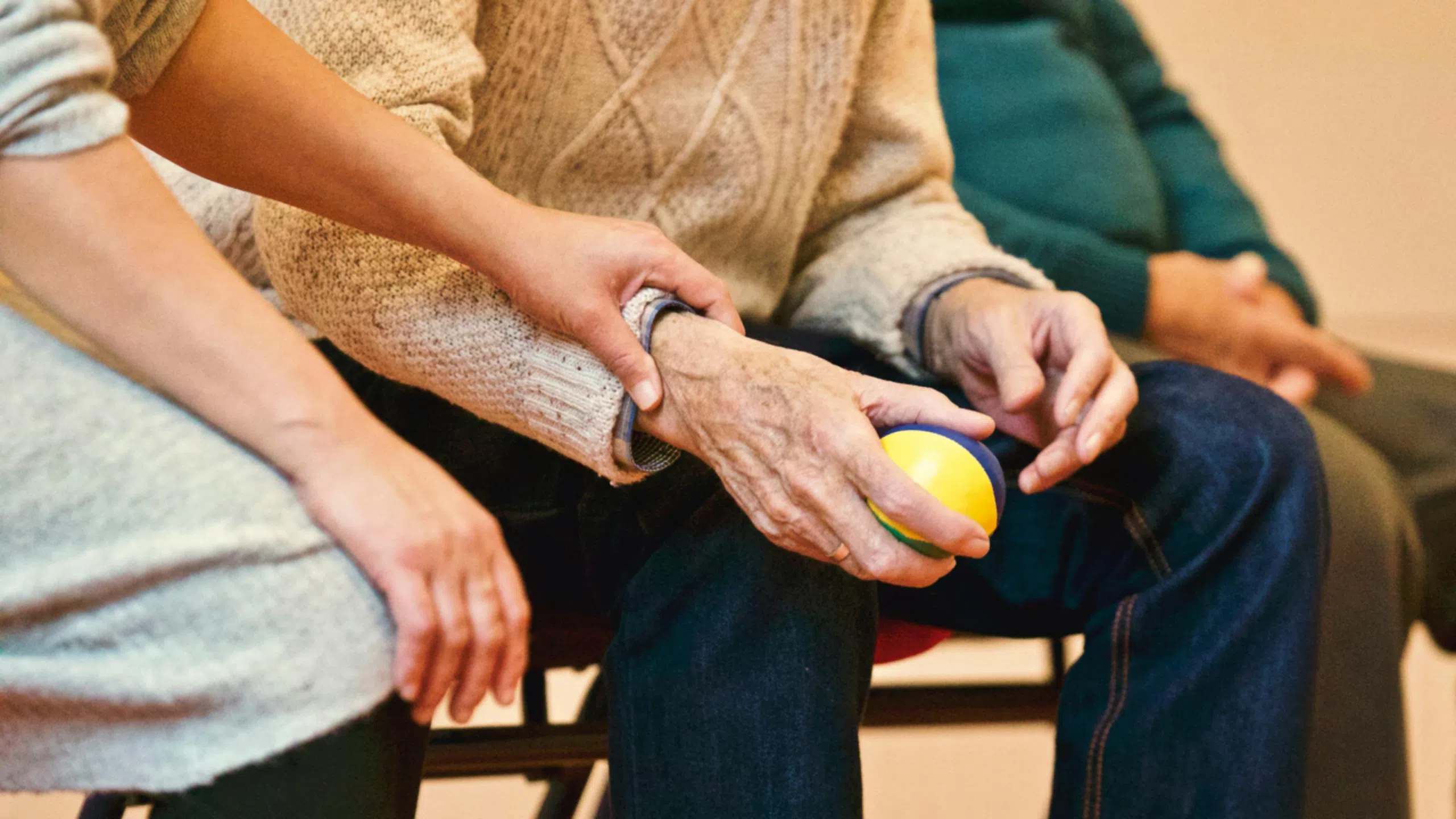Taking care of a parent, spouse, or other loved-one at home can be expensive — a new state law will help at-home caregivers to offset the costs they incur.
The “Caregiver Tax Credit Act”— approved by lawmakers in 2024 and originally introduced by Lincoln Senator Elliot Bostar — took effect on January 1, 2025. The bill provides eligible individuals to claim up to $3,000 on their 2025 tax return, covering out-of-pocket costs that are incurred by the unpaid caregiver.
The tax credit is nonrefundable and the expenses must be directly related to assisting an eligible family member — including home-safety improvements, medical supplies, and in-home care. The person receiving care can be of any age, and must need help with at least two activities of daily living—such as bathing or eating.
The Nebraska Department of Revenue is still tasked with finalizing the application process, and giving final approval to all the covered costs. But Nebraska-AARP Associate Director Jina Ragland says the general idea will b to cover anything that will help keep someone safe and in their homes at the lowest level of care.
“So improvements or alterations to their home like wheelchair ramps, installing a walk-in shower, bathtub grab bars, handrails, zero threshold entryways,” Ragland described, emphasizing this is not a exhaustive list. “Oftentimes those in wheelchairs need to expand their doorway width, or move light switches so it’s easier to reach. This could include sensor activated lights, stairlifts, those sorts of things.”
Ragland also made clear that this tax credit applies to out-of-pocket expenses only, so if you are someone receiving assistance or helping pay for some of these improvements, those would not qualify.
AARP has developed an online “Eligibility Tool Questionnaire” to help Nebraska’s family caregivers determine their own potential eligibility. Visit aarp.org/necaregiving to learn more.
“There are unsung heroes of every day that are keeping people at the lowest level of care, helping people age in-place or staying at that lowest level, maybe it’s your stepping up and taking care of a parent or a spouse or another loved one. It’s essential physical, emotional, and medical support that family members need or provide to help someone that’s dealing with an illness, a disability, an aging issue, or maybe it’s just getting around on a daily basis,” said Ragland.







